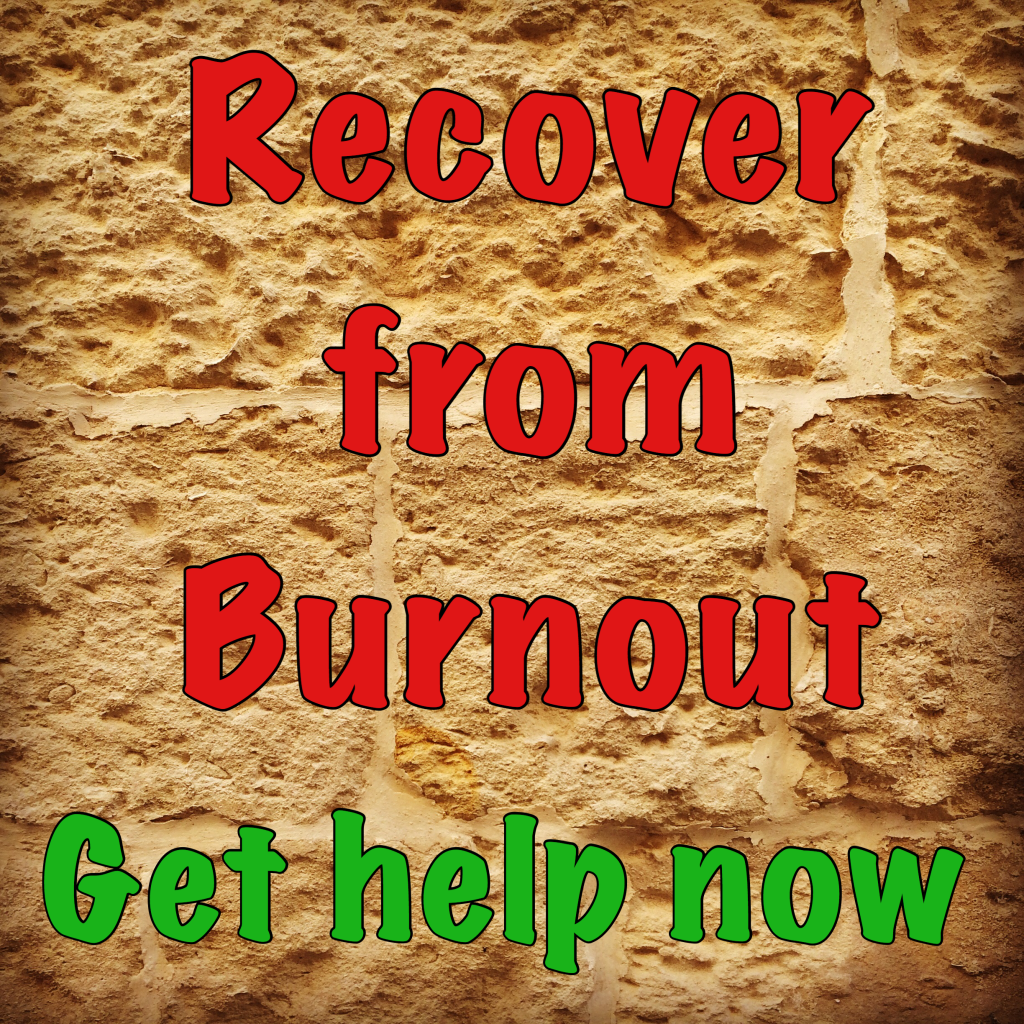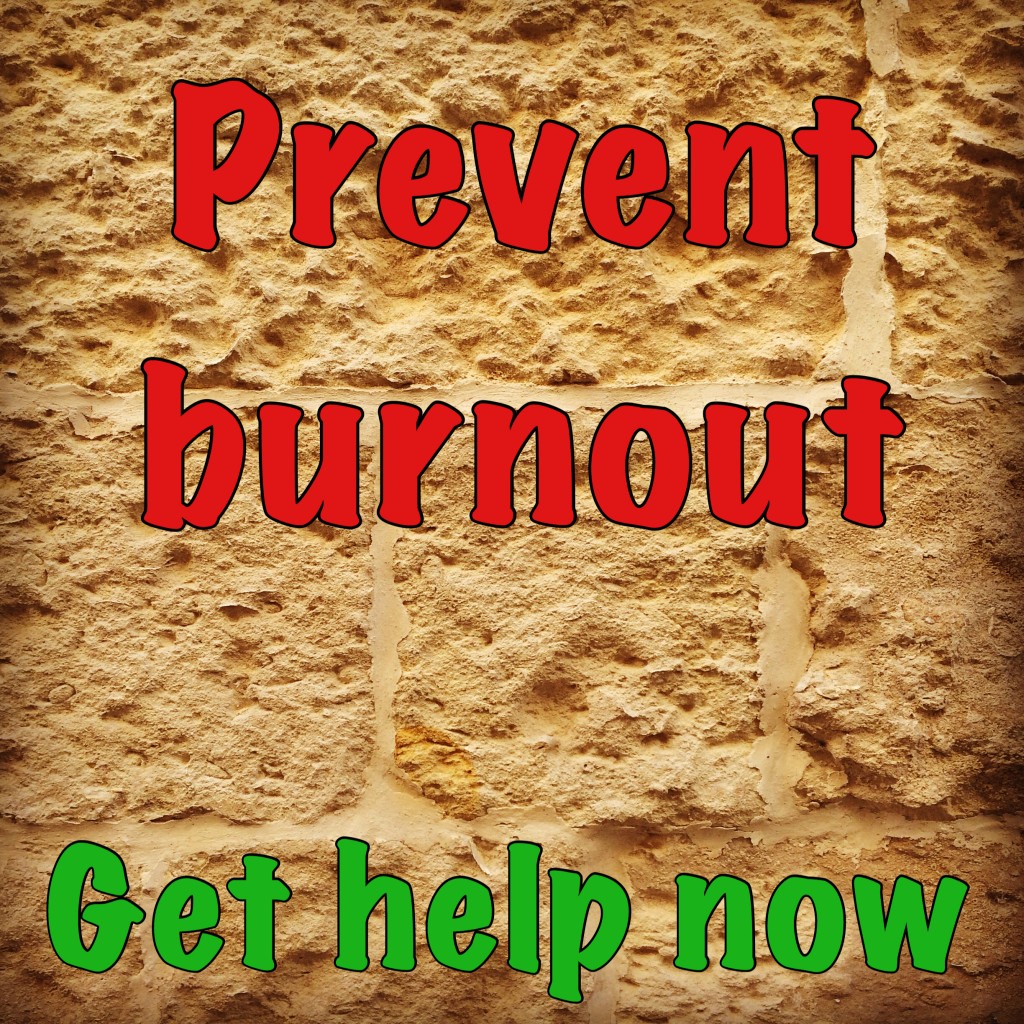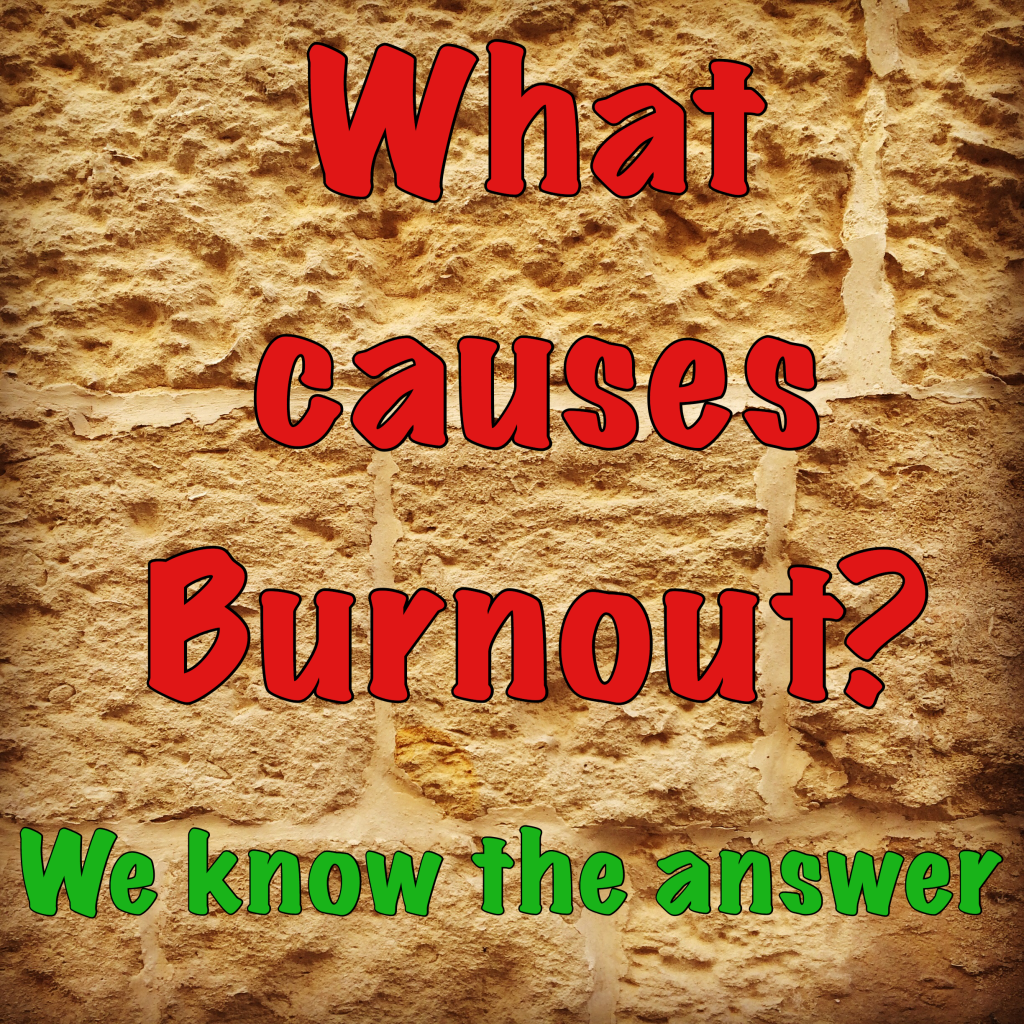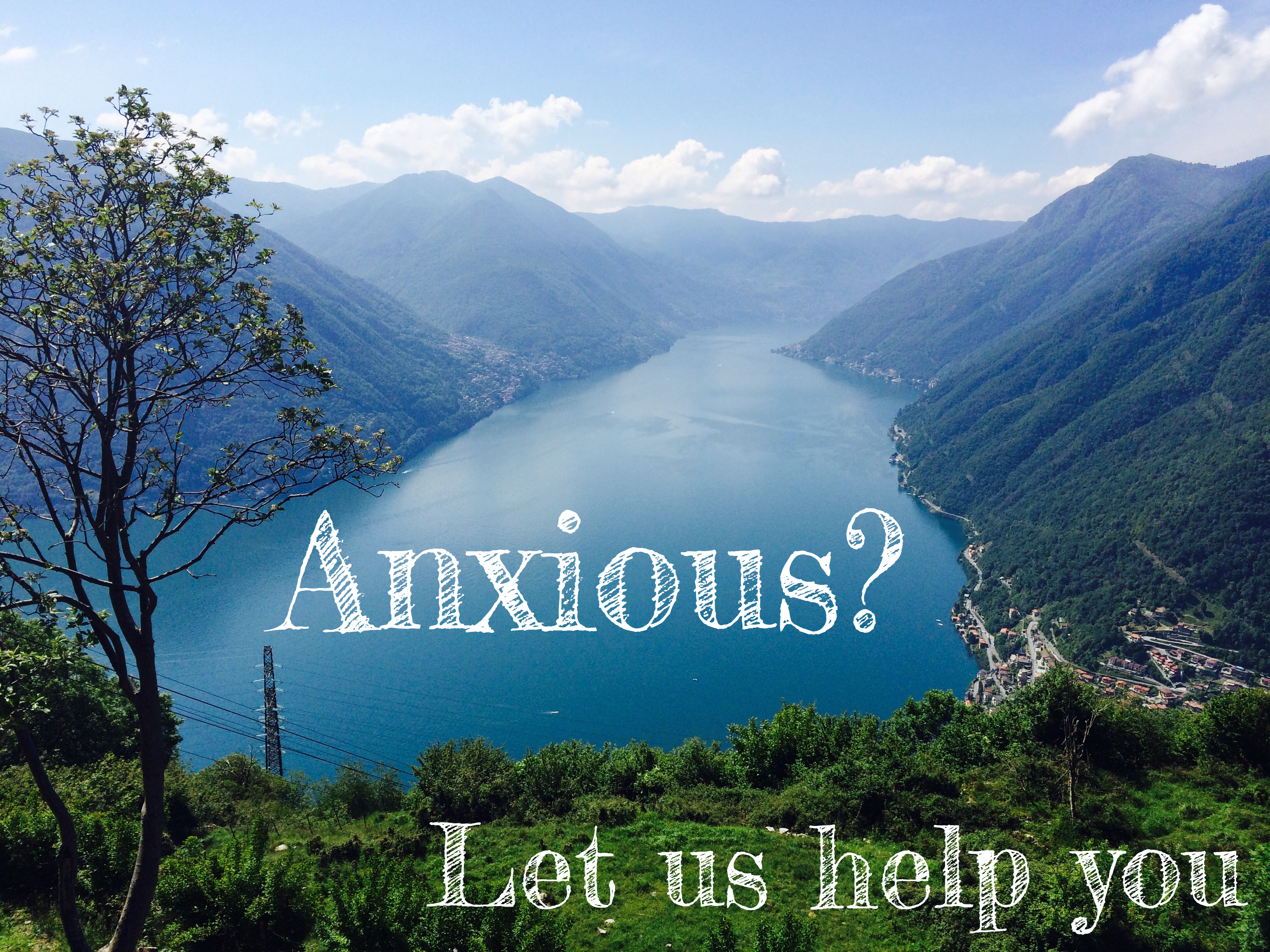
Ryan Marcovich September 2017
“All the world’s a stage, and all the men and women merely players”
Simply put, the establishment, its employees and those engrossed in the viewing spectacle are all in, playing one big game. To be frank, the view of the stage before me, is proving to be an awfully bland experience devoid of any real ‘culture’, as I understand it. Today, the players of pop culture present like narcissistic marionettes, more lifeless than life-like. They espouse a soulless Hollywood, airwaves playing monotonous sounds of talentless bands, demeaning rappers banging on about sex and money, galleries full of meaningless artists describing meaningless art or just everyday fake news, all on repeat. This is modern day detritus growing on society like a Renzo Piano’s dream of a London skyline punctuated with glass and steel competitions, throwing elegance off the top floor. (See the Whitney Museum for more wonderment of what tax payers money can be wasted on.)
Whilst researching for this blog, I have been reading articles bemoaning a decline in these once solid bastions of culture, from the news to blogs or YouTube content. All delivering indictment after indictment about ‘Arts’ regression into a state of pointless superficiality. This is of course just my humble perspective and you can choose to disagree with it completely. But do let me entertain you, I’m sure you will find it’s worth the read!
So, what’s in it for you?
If you’re interested in maintaining a good psychological well being, then a part of that will involve motivation to work towards this. However, it also needs an understanding of yourself and how your thinking about yourself, can have a big impact on how you respond to life triggers. Whether that trigger is criticism in the workplace, expectations derived from academic pursuits, an advert for the latest iPhoneX or Chanel perfume held by Natalie Portman; each of these examples being potential triggers for some irrational meaning to be attached to one’s own self-worth.
This article continues on the theme of self-esteem, following on from Recognising Low Self-Esteem. In that, I offered a simple attempt to contextualise low self-esteem and its presenting issues. I trust this is going to be engaging as part of a wider analysis of pop culture’s role on society. More specifically, how pop culture’s influence has been playing an increasingly important role in the manufacturing of our self-worth systems.
What I’m sharing with you is the hope that if you find yourself struggling with self-esteem, this might be one of a number of helpful steps you can take to bringing about a change in your routine that may assist you review yourself in a healthier light.
Rational-Emotive Cognitive Behaviour Therapy proposes that self-depreciating values we hold, stem from our belief structures. These tend to manifest as unhealthy negative emotions, which then drive unhelpful behaviours. As trained psychotherapists, we understand how disruptive and distressing low self-esteem can be on one’s life. Understanding your self-depreciating beliefs and how they affect you is therefore very empowering and an important part of the therapy process!
In the Rise of Manufactured Self-Esteem, I want to point out how society is under increasing pressure to invest financially, but also personally in the latest, fastest, biggest, and best technological smart devices on offer. This consumerism is leading its users to an oblivious obsession with technology coupled by the unhealthy pop culture it is mounted on. More importantly, this has significant consequences to who we are and how we view that image of ourselves.
So even the playhouse’s architects get to carve a niche for themselves in the storybooks of history. Le Corbusier contributed to London’s concrete monuments of misery transforming beautiful landscapes into concrete shelves for people to live on. Buildings be they good or bad send out messages and the message from postmodern architecture is that aesthetic ugliness encourages ugly behaviour. Watch a Ted Talk by James Kunstler, on the Ghastly Tragedy of the Suburbs, to appreciate how buildings directly impact the quality of our lives.
Next is pop art; a 20th Century rise of rubbish sold off as culture like the Emperor’s New Clothes. Both Metzger’s ‘Auto-Destructive Art’ and Hirst’s ‘Ashtray Art’ removed by the cleaners who thought it leftover trash. A tasteless predating them, when pop art began defiling our common senses. See Piero Manzoni’s ninety cans of faeces – literally worth its weight in gold when they sold! Vulgarity being sold off for beauty.
Fashion magazines plastered with beauty ads, photoshopped images of the obscenely beautiful – marketing designed to tap into to one’s low self-esteem. In a poll conducted by People Magazine, 80 percent of women reported that they feel worse about themselves after looking through popular fashion magazines, something men also reported to experience.
Be it the makers or content providers, the worlds technology giants are helpfully overseeing this social transition. Smart devices facilitating a transformation of our daily lives which are being increasingly projected onto the digital playgrounds of augmented reality, A convenience that bombarded with what to think, where to go or what we are told we need. Advertisers covet young audiences because their taste in products are more pliable but equally, we are all just as prone to this conditioning.
Let’s review L’Oréal clever marketing which sums this up. ‘Because you’re worth it’ suggests that; either you must buy their brand, without which you are not worth it or, conversely you must spend your money on their brand to prove that you are worth it. As if your worth can be bought!
STOP!
This is not my attempt at fear mongering, but as social media use rises, research shows how social media is actually isolating people who are less likely to rely on social interaction to develop a sense of self and more likely to succumb to some of these cultural pressures I’ve explored. In 2011, the APA reported on a worrying trend of social medias negative impact on the individual, something they wrote about again 6 years later, on how to get your life back after using too much social media. Both the BBC and the Guardian have published many articles on the negative impact of the internet on individuals personal characteristics. The BBC wrote about how disconnecting the internet could help our identity and The Guardian wrote about social media creating narcissistic characteristics. These are just two articles out of thousands, connecting social media to the downfall of our personalities.
In another article in the Guardian in 2016, a number of people interviewed, reported significant benefits of quitting social media, not only in their wellbeing but with connecting with friends after such a distressing social disconnection. One person who especially caught my attention was Daisy, 23, from Manchester. She reported that, ‘I feel less anxious and less like a failure’ after switching off from her time on Facebook. I actually found all the personal stories in that article very warming. I’d recommend you reading them to help you make an informed decision, if you think you could be spending too long plugged in to it all.
From my experience in assisting numerous clients over the years I will share some advice:
- Take more time out from your devices,
- be comfortable to switch them off at night without the frustration of not being instantly aware of the global issues taking place,
- don’t sleep with them under your pillow or take them to bed with you
- recognise that you don’t have to be like the people in the adverts or in the news to be worthwhile,
- recognise that your worth does not stem from the number of likes on your Twitter feed or the number of friends on Facebook,
- try hold conversations with people in ways that doesn’t involve a form of social media as your tool for communication; talk to people more,
- Spend more time in nature, really connecting with it
Your worth is not contingent on your shoes, your watch, your job or your bank account, although Forbes 100 might persuade you to think differently, it’s not real. If you would like to break the cycle of low self-esteem and learn to view yourself in a healthier light, you can book an appointment to tackle your low self-esteem or give us a call. Do take some time to look over our website. You can check out our specialist London therapists and make a start to letting go of the conditioning of self-depreciation and learn to develop a healthy sense of self, with us helping you learn strategies and gain insights.
I’d like to end this part of the article on a happier note with a really funny skit on how to avoid the real world with social media which you can ironically watch on your device.


















